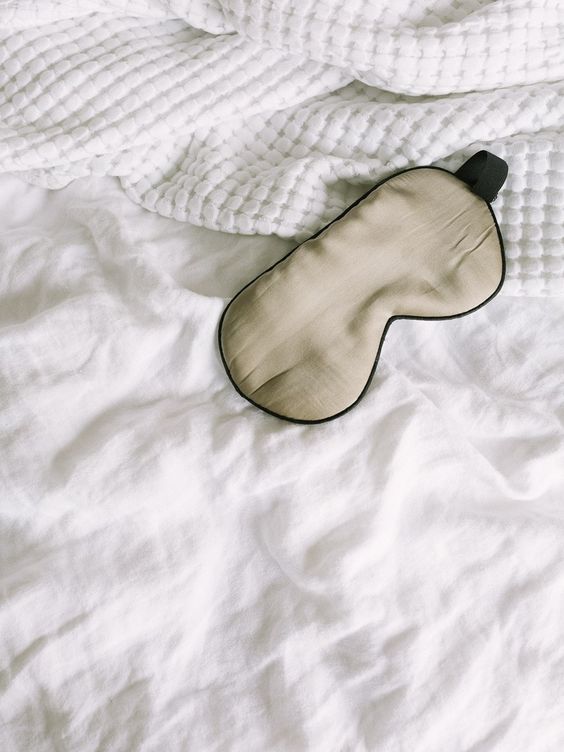Uncovering the Path to Better Health
In our fast-paced world, sleep often takes a back seat to our daily responsibilities and activities. However, sleep is far from a luxury; it is a fundamental pillar of health and wellness. Understanding the vital link between sleep and well-being can help us prioritize rest and improve our overall quality of life. In this blog, we’ll explore the importance of sleep and offer tips for better sleep hygiene.
Why Sleep Matters
Physical Health
- Physical Health
- Immune Function: Adequate sleep boosts the immune system, helping the body fight off infections. Chronic sleep deprivation can lead to a weakened immune response, making you more susceptible to illnesses.
- Heart Health: Poor sleep has been linked to an increased risk of heart disease, high blood pressure, and stroke. During sleep, the body repairs the heart and blood vessels, making sufficient rest crucial for cardiovascular health.
- Weight Management: Sleep influences the hormones that regulate hunger. Lack of sleep can lead to increased appetite and weight gain, contributing to obesity and related health issues.
- Mental Health
- Cognitive Function: Sleep is essential for brain function, affecting concentration, productivity, and performance. It helps consolidate memories and process information, making it easier to learn and retain new knowledge.
- Emotional Stability: Sleep deficiency can impact mood and emotional regulation, leading to irritability, anxiety, and even depression. A good night’s sleep fosters emotional resilience and mental well-being.
- Performance and Safety
- Daytime Performance: Adequate sleep enhances alertness and performance in daily activities, whether at work, school, or during physical activities. It reduces the likelihood of accidents and errors.
- Reaction Time: Sufficient rest is crucial for quick and accurate reactions, important for activities such as driving, operating machinery, and sports.
Tips for Better Sleep Hygiene
- Establish a Sleep Routine
- Consistent Schedule: Go to bed and wake up at the same time every day, even on weekends. This helps regulate your body’s internal clock.
- Relaxing Pre-Sleep Routine: Develop a calming pre-sleep routine, such as reading, listening to soothing music, or taking a warm bath. This signals your body that it’s time to wind down.
- Create a Sleep-Friendly Environment
- Comfortable Bed: Invest in a comfortable mattress and pillows. Your bed should be inviting and conducive to restful sleep.
- Dark and Quiet Room: Ensure your sleeping environment is dark, quiet, and cool. Use blackout curtains, earplugs, or a white noise machine if needed.
- Mind Your Diet and Exercise
- Avoid Caffeine and Heavy Meals: Limit caffeine and avoid large meals close to bedtime. Both can interfere with your ability to fall and stay asleep.
- Regular Exercise: Engage in regular physical activity, but try to avoid vigorous exercise right before bedtime.
- Limit Screen Time
- Reduce Blue Light Exposure: The blue light emitted by phones, tablets, and computers can disrupt your sleep. Avoid screens at least an hour before bedtime, or use blue light filters if necessary.
- Manage Stress
- Relaxation Techniques: Practice relaxation techniques such as deep breathing, meditation, or yoga. Managing stress can improve your ability to fall asleep and enjoy restful sleep.
Sleep is a cornerstone of health and wellness, affecting both our physical and mental well-being. By understanding the importance of sleep and implementing good sleep hygiene practices, we can enhance our quality of life and achieve better overall health. Prioritize your sleep, and reap the benefits of a well-rested body and mind.
We hope you found this blog helpful and insightful. For more on mental health and wellness, connect with us at the Calgary Mental Health & Wellness Centre. – Tiffany Warren, Founder







